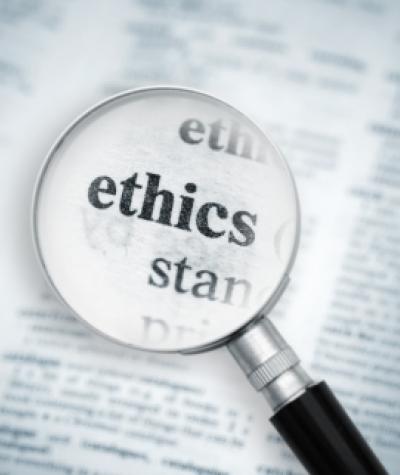I met with House Oversight and Government Reform Committee Chairman Trey Gowdy and Ranking Member Elijah Cummings to discuss 13 policy recommendations to strengthen the government ethics program. CLC released these policy ideas publicly on November 9, 2017.
Each recommendation represents a real opportunity to achieve bipartisan reform to strengthen government ethics, which will reinforce the fact that public service is a public trust. The Director of OGE must be able to carry out his or her mission without fear of political retaliation. This requires it to operate as an independent prevention mechanism with the ability to prevent conflicts of interest in government. For the system to work properly, OGE must also have access to specific ethics records and plans, it must have its authority more clearly defined, and transparency must be strengthened to prevent misuse of government office.
Congress created OGE in 1978 as part of the Ethics in Government Act as an institutional check to monitor the ethics program and prevent conflicts of interest in the Executive Branch.
The 13 policy recommendations are broken into the following four buckets, and each of the 13 can be considered individually:
- Independence of OGE
- Effectiveness of Oversight
- Transparency
- Substantive Ethics Requirements

